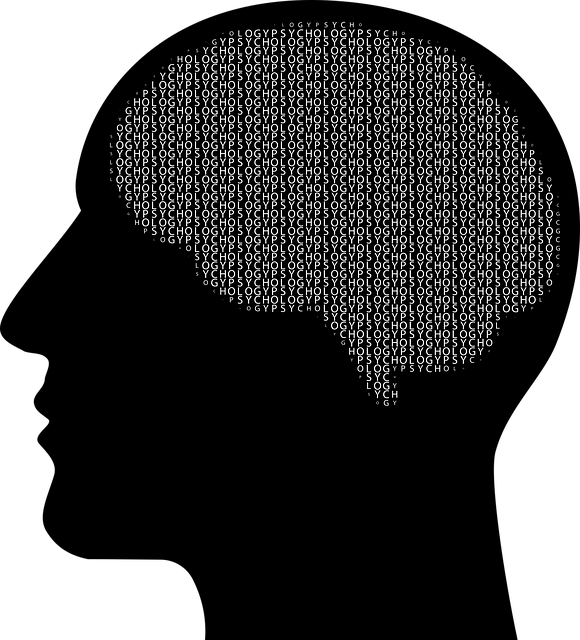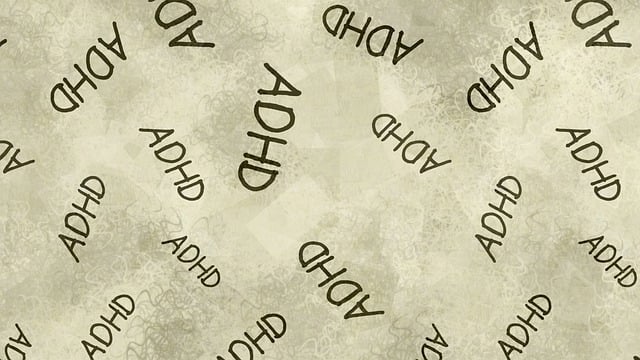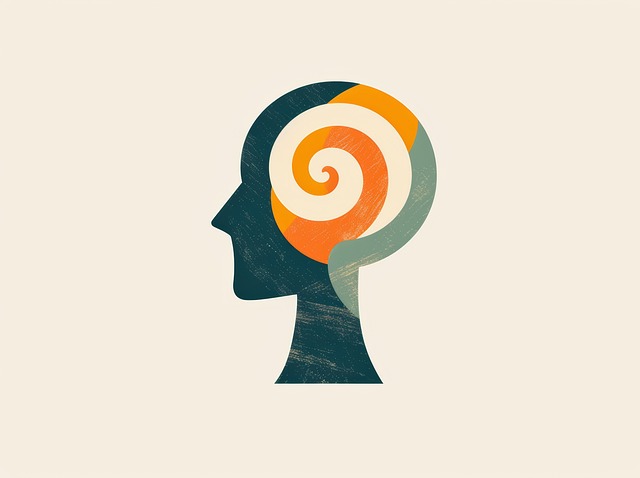The Boulder International Adoptions Therapy (BIAT) Framework offers a specialized approach to adoption-related challenges, integrating Mind Over Matter Principles, Empathy Building Strategies, and Confidence Boosting techniques for improved mental wellness. Evaluated through both quantitative (surveys, questionnaires) and qualitative (interviews, focus groups) methods, BIAT tracks improvements in symptoms, life satisfaction, coping strategies, and self-care routines. The Mixed Methods Approach combines these techniques to offer a nuanced understanding of program effectiveness. Beyond survey scores, BIAT focuses on tangible outcomes like enhanced coping mechanisms, relationship dynamics, and life satisfaction, ensuring optimal mental wellness coaching.
Mental wellness program evaluations are essential for measuring effectiveness and driving improvement. This article explores powerful evaluation methods, including the Boulder International Adoptions Therapy (BIAT) Framework, which provides a structured approach. We delve into quantitative techniques like surveys and data analysis, and uncover qualitative insights through participant feedback. The mixed-methods approach combines these strengths, offering a comprehensive strategy. Additionally, we examine BIAT’s success metrics and continuous improvement processes, demonstrating its impact on enhancing mental wellness initiatives globally.
- Understanding Boulder International Adoptions Therapy (BIAT) Framework
- Quantitative Assessment Techniques for Mental Wellness Programs
- Qualitative Evaluation Methods: Unlocking Insights from Participants
- Mixed Methods Approach: Combining Strengths for Comprehensive Evaluation
- Measuring Success and Impact: Outcomes and Continuous Improvement in BIAT
Understanding Boulder International Adoptions Therapy (BIAT) Framework

The Boulder International Adoptions Therapy (BIAT) Framework is a comprehensive approach to mental wellness evaluation and treatment, particularly designed for individuals navigating adoption-related challenges. This therapy model emphasizes the importance of understanding an individual’s unique journey, cultural background, and personal experiences to foster meaningful healing. BIAT incorporates evidence-based Mind Over Matter Principles to empower clients with coping mechanisms and resilience-building strategies.
The framework prioritizes a supportive environment that encourages open dialogue and Empathy Building Strategies. Through carefully tailored interventions, therapists aim to enhance self-awareness, promote healthy attachment styles, and facilitate the development of a positive sense of self. By addressing underlying emotional issues and cultivating Confidence Boosting techniques, BIAT strives to help individuals achieve long-lasting mental wellness and improved quality of life.
Quantitative Assessment Techniques for Mental Wellness Programs

Quantitative assessment techniques play a pivotal role in evaluating the effectiveness of mental wellness programs, offering structured and data-driven insights. Methods such as surveys and questionnaires allow for the collection of measurable data from participants, providing a clear picture of improvements or areas needing adjustment. For instance, the Boulder International Adoptions Therapy (BIAT) employs pre- and post-intervention surveys to assess changes in clients’ mental health symptoms, life satisfaction, and coping strategies. This quantitative approach enables therapists to track progress over time and make informed decisions about treatment modifications.
Integrating confidence-boosting techniques into these assessments is valuable. For instance, BIAT might include questions that measure self-care routine development, as improved self-care can enhance mental wellness. Additionally, risk assessment for mental health professionals is crucial; quantitative data can help identify potential risks and triggers among clients, ensuring the safety of both participants and therapists.
Qualitative Evaluation Methods: Unlocking Insights from Participants

Qualitative Evaluation Methods play a pivotal role in understanding the nuances and profound impacts of mental wellness programs, particularly in innovative approaches like those offered by Boulder International Adoptions Therapy. Through techniques such as in-depth interviews and focus groups, participants’ experiences, perceptions, and emotional responses are meticulously probed. This allows for a deeper exploration of how various therapies, including Resilience Building and Compassion Cultivation Practices, translate into tangible improvements in daily living.
Moreover, these qualitative methods capture the subjective aspects of mental health journeys, where Mindfulness Meditation may serve as a powerful tool for stress reduction and emotional regulation. By listening to participants’ stories, therapists gain valuable insights into the effectiveness of interventions, enabling them to refine programs and tailor support to meet individual needs more effectively.
Mixed Methods Approach: Combining Strengths for Comprehensive Evaluation

The Mixed Methods Approach offers a powerful strategy for evaluating mental wellness programs, particularly those like the Boulder International Adoptions Therapy that cater to diverse client needs. By combining both qualitative and quantitative research methods, this approach allows for a comprehensive understanding of program effectiveness. Qualitative data, through interviews and observations, captures participants’ subjective experiences, emotional journeys, and unique perspectives on coping skills development and trauma support services. Meanwhile, quantitative measures provide objective insights into changes in symptoms, stress levels, and overall mental wellness over time.
Integrating these strengths enables a nuanced evaluation that goes beyond mere numbers. It reveals the impact of programs like Boulder International Adoptions Therapy on individuals’ lives, understanding barriers overcome and coping mechanisms honed during therapy. This holistic perspective is crucial for refining mental wellness coaching programs development, ensuring services align with clients’ evolving needs, and optimizing outcomes in a dynamic therapeutic environment.
Measuring Success and Impact: Outcomes and Continuous Improvement in BIAT

Measuring Success and Impact in BIAT involves a comprehensive evaluation process that goes beyond simple survey scores. It’s about understanding the tangible outcomes and long-term shifts in participants’ lives. By integrating self-awareness exercises, emotional healing processes, and fostering self-care routine development for better mental health, the Boulder International Adoptions Therapy (BIAT) program aims to track improvements in areas like coping mechanisms, relationship dynamics, and overall life satisfaction.
This continuous improvement approach leverages regular check-ins, qualitative feedback, and participant testimonials to gauge not just the immediate effects but also the lasting impact. Such methods ensure that the BIAT program remains dynamic, responsive to individual needs, and committed to delivering optimal mental wellness outcomes.
The evaluation of mental wellness programs is a multifaceted process, as highlighted by the Boulder International Adoptions Therapy (BIAT) framework. By combining quantitative techniques, such as surveys and statistical analysis, with qualitative methods like participant interviews and focus groups, organizations can gain a holistic understanding of their program’s effectiveness. This mixed-methods approach, championed by BIAT, enables comprehensive assessments, ensuring that mental wellness initiatives are not only successful but also positively impact participants’ lives. By continuously evaluating and improving programs based on these methods, we can foster more inclusive and effective support systems for better mental health outcomes.














